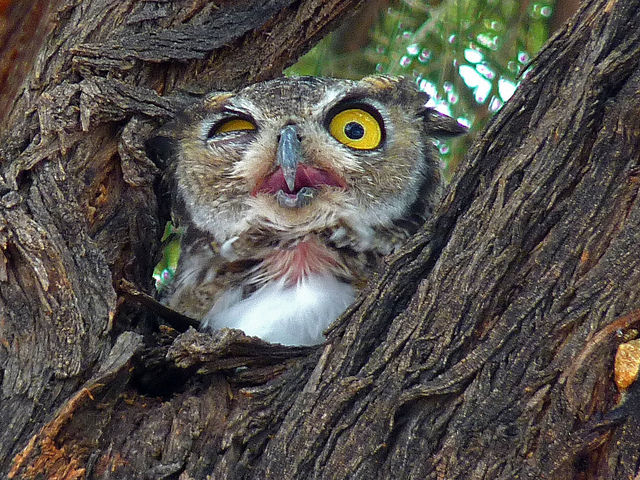
The people who burst from bed as the sun rises to cheerily tackle their to-do list—while others sluggishly rouse and fumble with coffee makers—may have a few DNA tweaks in common.
Scanning the genetic blueprints of more than 89,000 people, researchers found that those who self-identify as “morning people” tended to have genetic variations in 15 specific spots in their genome compared with people who prefer to sleep in. Seven of those varied regions were in the DNA neighborhoods of genes involved in circadian rhythms, aka daily physiological cycles, the authors reported in Nature Communications. For the remaining eight locations, researchers were a little foggy on a possible link to sleeping schedules and will need to do further research.
Though previous studies have hinted at a genetic basis for the difference between early birds and night owls, the new study offers the biggest genetic analysis to-date that backs up the DNA-based explanation. The genetic information was harvested from customers of 23andMe, a personal genetics company that offers direct-to-consumer DNA sequencing.
Seemingly innate sleeping-schedule preferences, or chronotypes, are an intriguing behavioral pattern, in part, because they’ve also been linked to a variety of health outcomes. Being a morning person is associated with lower risks of depression and being less likely to be over or underweight. In the study, early risers were also less likely to suffer from insomnia and other sleep problems.
Yet, the majority of people in the study self-identified as night owls, survey data revealed. The 44 percent that enjoyed an early start to their day were most likely to be women and adults over the age of 60.
Nature Communications, 2015. DOI: 10.1038/ncomms10448 (About DOIs).
reader comments
75